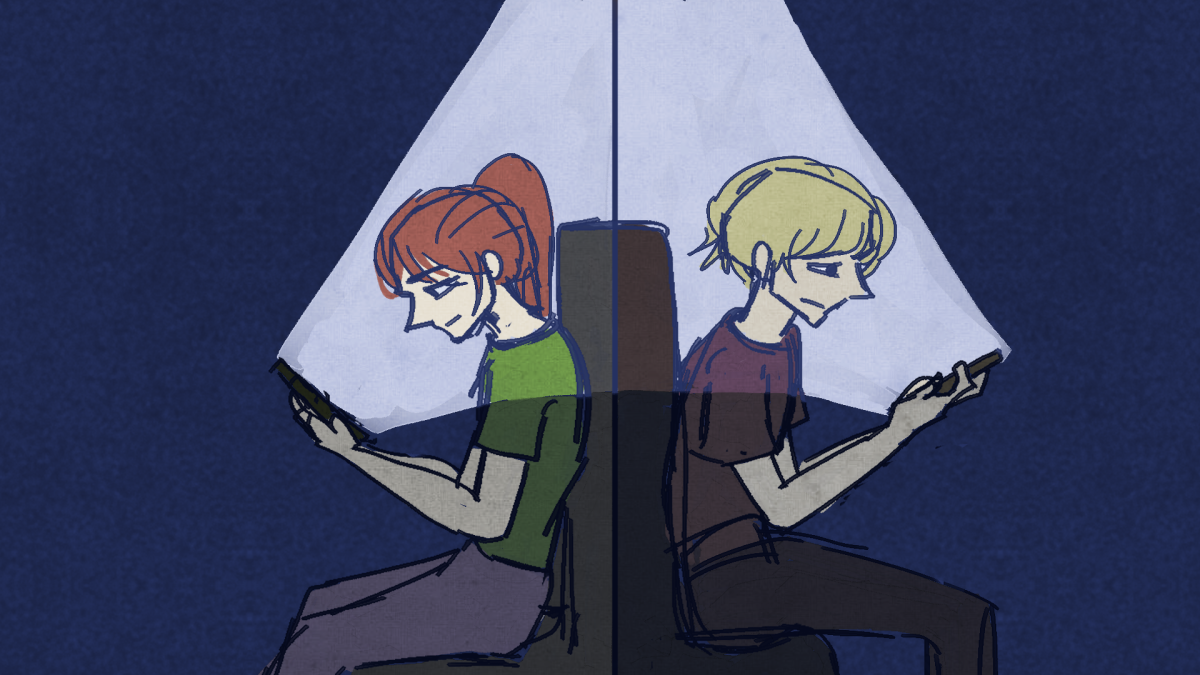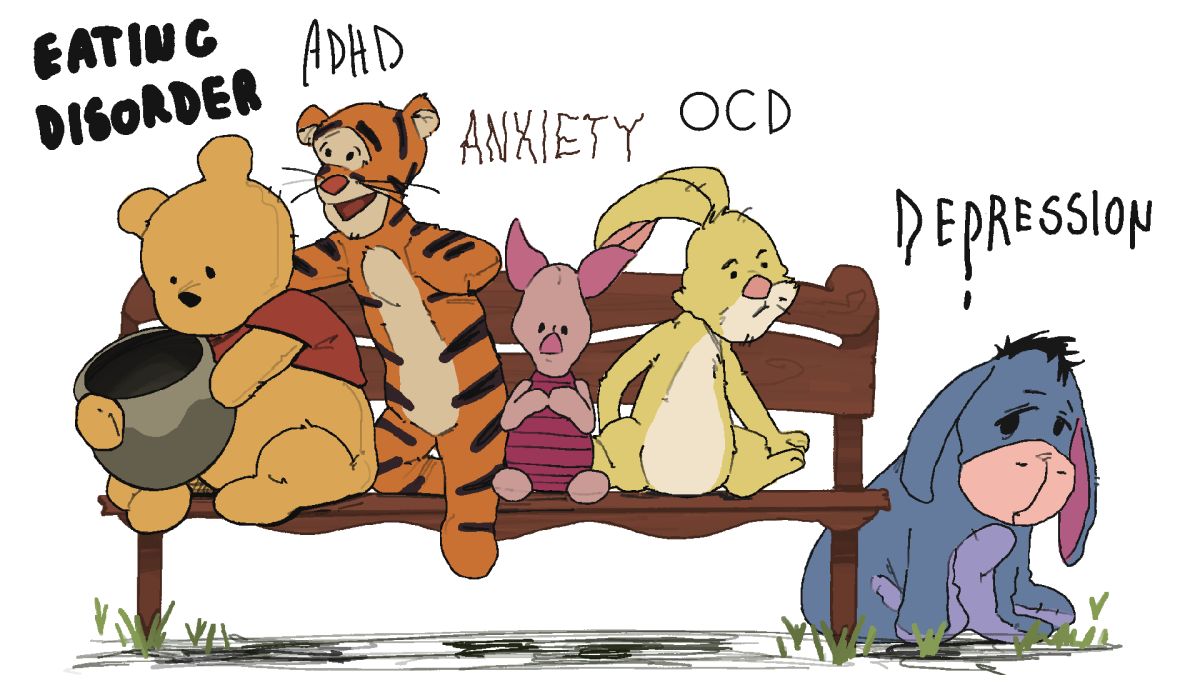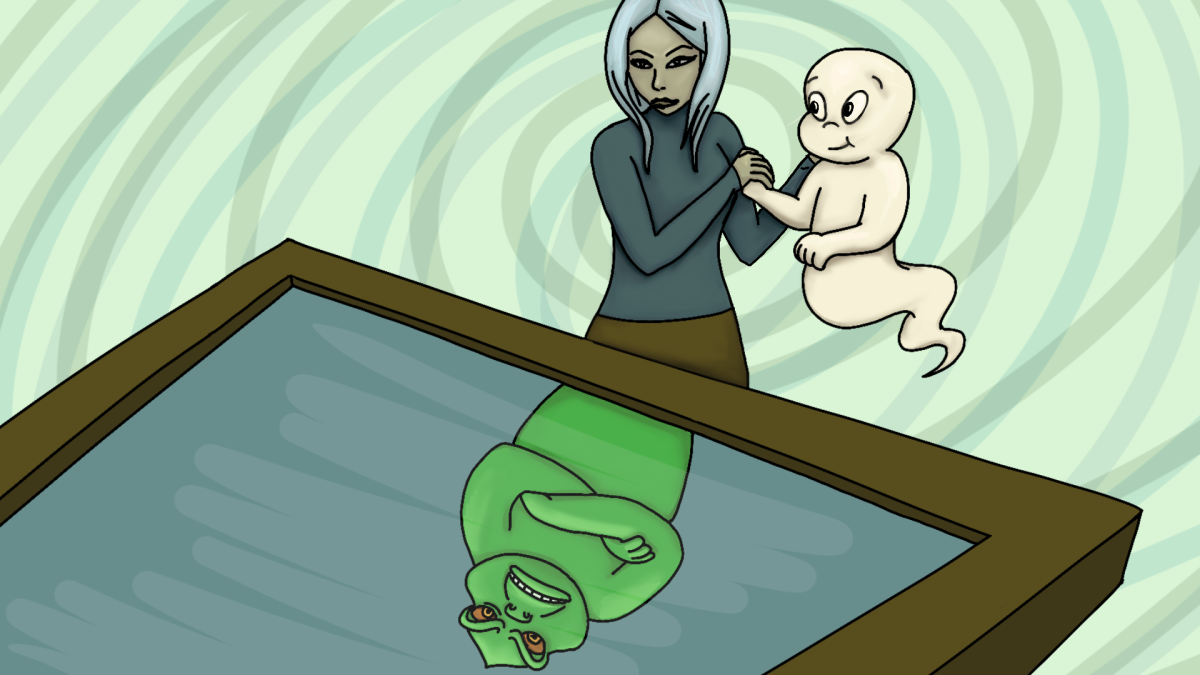Imagine you’re scrolling through your social media feed. All your friends and mutuals are posting about the same trends, doing the same poses, doing the same challenges and wearing similar clothes. No one is telling you to follow suit, but you can’t help but feel you have to. Even this fear of missing out is a form of peer pressure.
No one is daring you to do anything, and no one is blatantly telling you they won’t be your friend anymore if you don’t do what they’re doing. You just feel like you should conform and join in. It’s the quiet push to be like everyone else, not wanting to be left out of experiences others are sharing.
Peer pressure is defined by the American Psychological Association as the “influence exerted by a peer group on its individual members to fit in with or conform to the group’s norms and expectations.”
The average student likely received their education on peer pressure in school, whether it be through Drug Abuse Resistance Education or Public Service Announcement videos. These often overdramatize what peer pressure actually is. Schools have taught extreme scenarios like peers forcing you to take drugs, drink alcohol or help them commit a crime in some circumstances. They also warn that others may threaten to end the friendship or ostracize you from others if you don’t follow suit.
Not to say these events sometimes don’t happen, but peer pressure is oftentimes silent. It isn’t always “in your face.”
Feelings of internal guilt and turmoil can cause someone to conform and give in to peer pressure. It could be as simple as going out with friends when you know you want to stay home and study for a big test the next day in fear of missing out or losing your spot in the group.
There are some extreme cases when the people around you can cause you to experiment with substances or alcohol. These can sometimes lead to addiction, future health problems and even legal trouble.
Peer pressure has been known to take a toll on people’s mental health. The continuous cycle of the internal need to be like everyone can cause an extraordinary amount of stress and anxiety and can make a person feel emotionally drained. It can have an effect on a person’s self-esteem.
If someone is struggling with peer pressure, there are many online resources available. The National Association on Mental Health has helplines with people ready to assist navigating difficult or unclear situations. Never hesitate to reach out to someone if you feel like you’re in need or if you want to help out a friend.
When fitting in becomes more important, personal values sometimes go out the window. Over time, if a behavior is repeated, a pattern of ignoring one’s judgment can form. The fear of social judgement or isolation can push someone to lose themselves and their personal identity.
But influence from those around you doesn’t always have to be negative. There are times when people can be motivated by their friends to better themselves. A person might be encouraged to be healthier, study harder or be more ambitious in the choices they make. Stepping out of their comfort zone can cause them to grow and have a positive impact on their life.
How we see and talk about peer pressure is one of the biggest problems. The subtle struggle that a person can go through because of peer pressure can be detrimental. To help the cycle of conformity, we need a world where being yourself is enough. Understanding the true nature of peer pressure is the first step.




